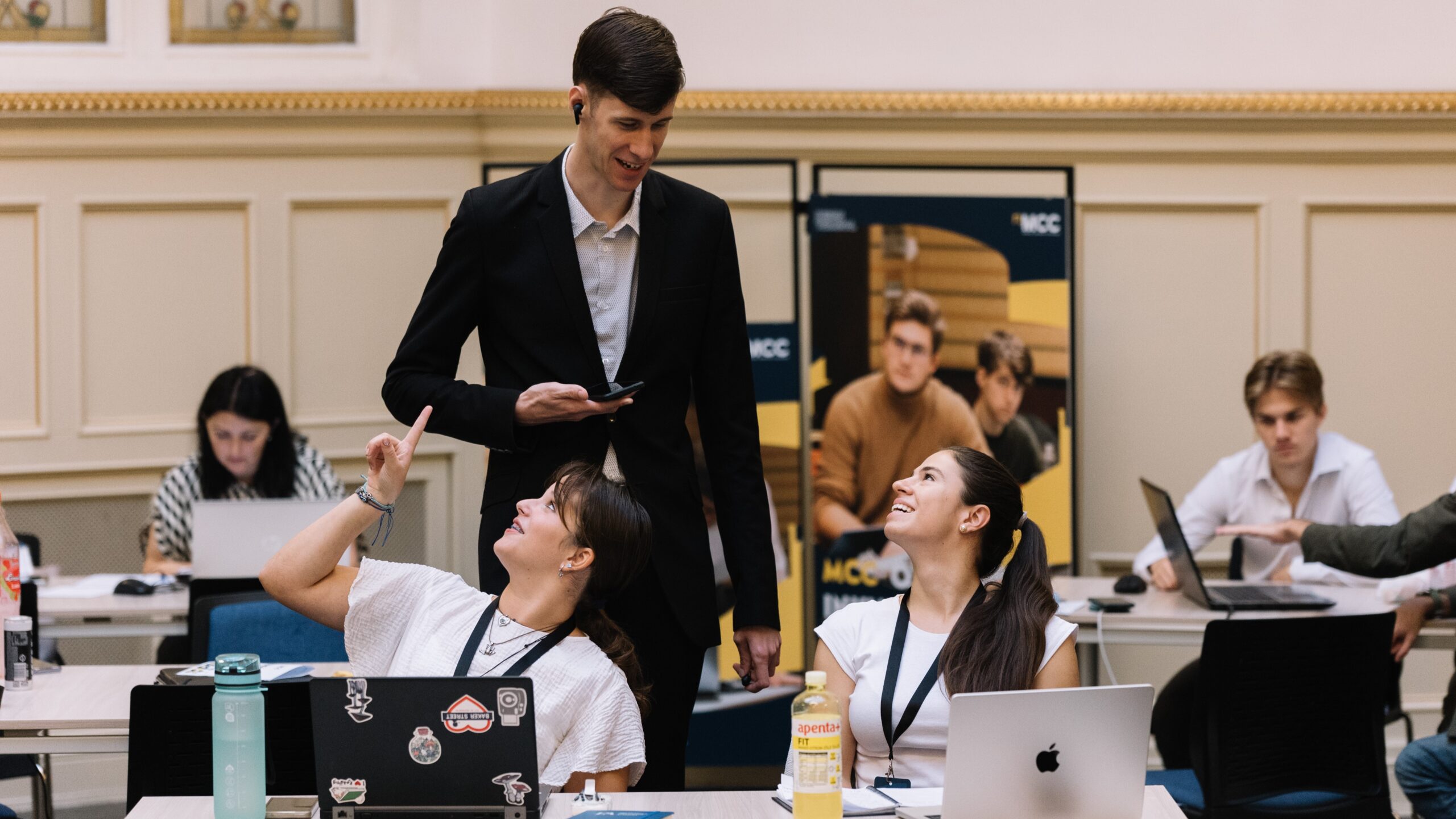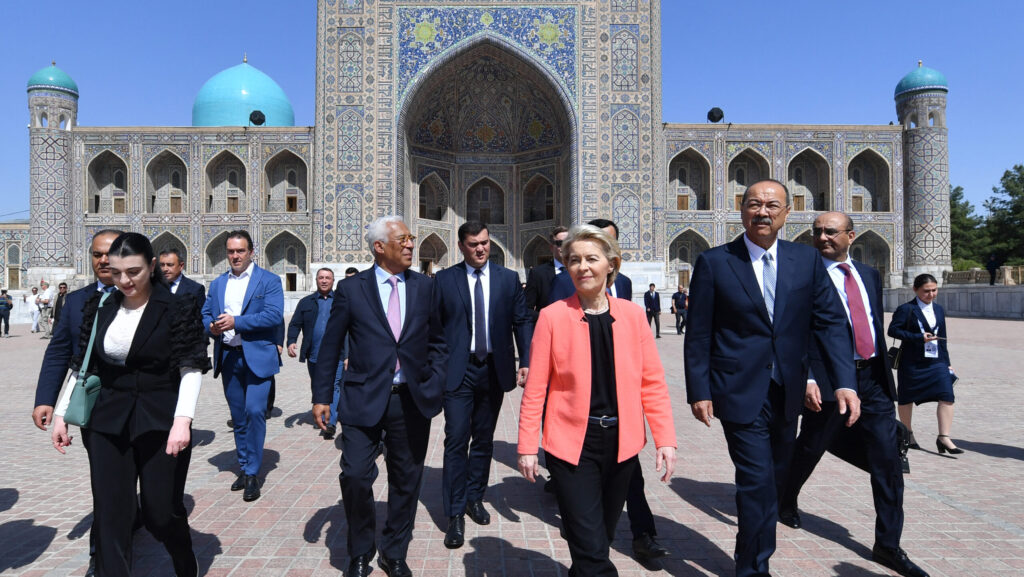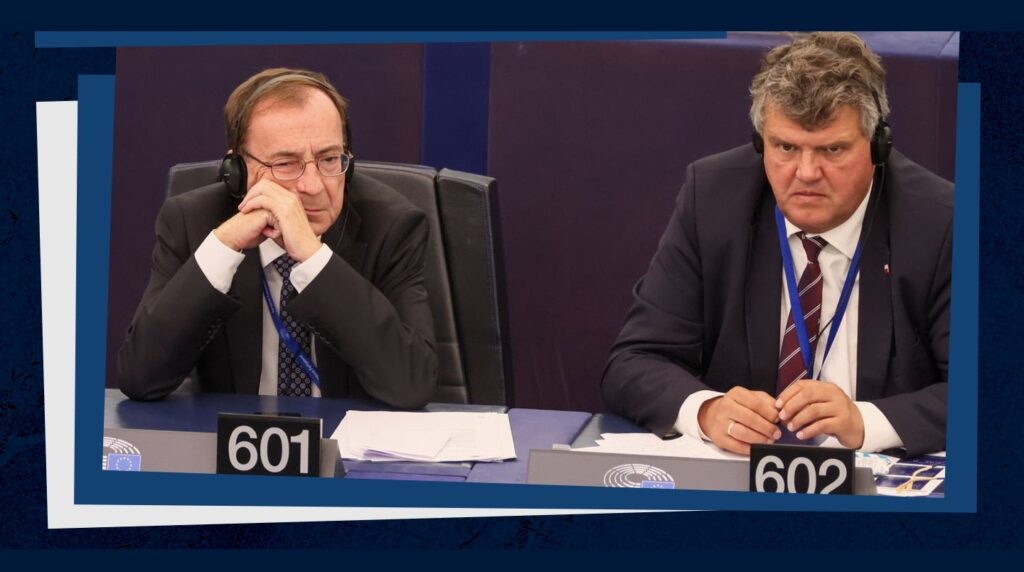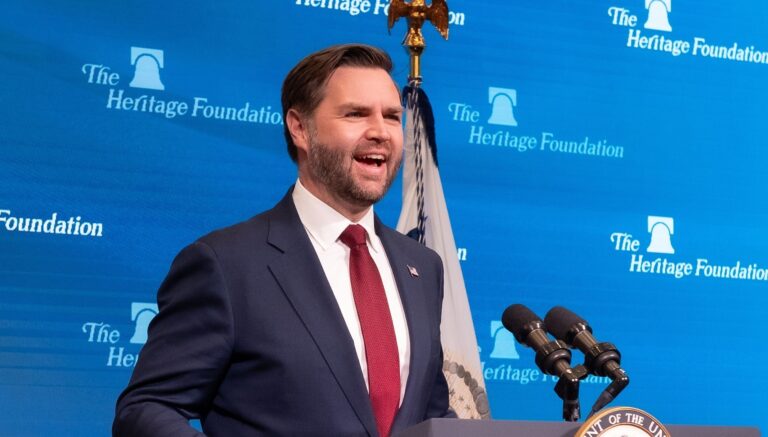The joint business development programme focusing on young people of Mathias Corvinus Collegium (MCC) and Design Terminal continues in 2024. The first stop of the series was a three-day hackathon held at MCC’s Debrecen training centre on 20–22 September.
The organizers aim to create opportunities for young, entrepreneurial talents to develop their skills and ideas. Their goal is for these young people to become part of a long-term entrepreneurial community where they can showcase and further develop their ideas with the help of professional mentors.
Young people are the future shapers of society and the economy, so it is crucial to equip them with the skills and knowledge that will enable them to navigate successfully in an ever-changing world. Expanding young people’s entrepreneurial mindset and fostering their innovative thinking is essential not only for their own lives but also for building their micro-communities. Their education and mentorship should provide them with a foundation that ranges from theoretical knowledge to international practices, and help them not only adapt to changes but actively shape them.
The hackathons provide an opportunity for young people to turn their ideas into reality. The transfer of entrepreneurial basics, the encouragement of innovation, and the fostering of creative problem-solving equip them with tools that can address social and economic challenges. This knowledge not only leads to individual success but also contributes to community well-being, sustainable development, and enhancing the region’s competitiveness.
On the first day, participants got to know each other and took part in a guided tour showcasing Debrecen’s historical and cultural significance, followed by a workshop on idea validation by Gigi Tímár , the Director of the Budapest LAB. Saturday started with key mentoring sessions, followed by consultations with professional mentors. One of the most important programmes of the day was a pitch workshop by public speaking trainer Vilmos Benkő, where young participants learned how to present their business ideas in a way that the audience could understand the essence of their projects.
On Sunday, the final day, participants presented their ideas to a distinguished panel of judges, including Zoltán Kovács-Osváth, Supervisory Board Member of MCC, István Bognár, Head of MCC’s Debrecen Training Centre, and Csaba Czibere, Customer Relations Manager at Axiál Kft.
The competition produced outstanding projects offering solutions in areas such as education, healthcare, environmental protection, agriculture, and technological development.
Among the winning teams, Dávid Nagyvári’s project, StyleSwipe, stood out. It is an innovative marketplace where users can access complete capsule wardrobes. Users can swipe left or right on outfits according to their preferences, while a background algorithm models their style and helps them plan their wardrobe with a focus on minimizing ecological impact.
University and high school teams now have the opportunity to further develop their ideas in the upcoming multi-week incubation programme.
Related articles:








